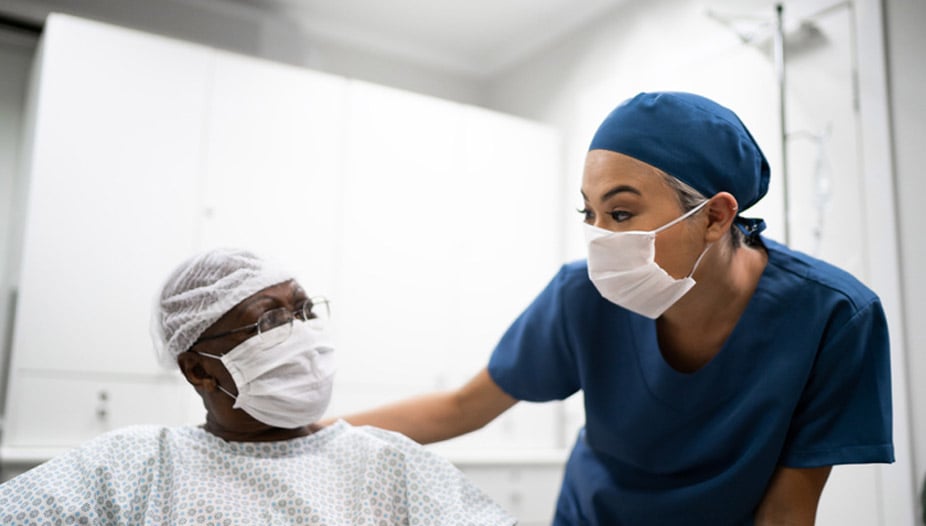What Is Recovery From Kidney Cancer Surgery Like?

If you are getting ready for kidney cancer surgery, you probably have a lot of questions, including what you might feel like afterward. Your recovery will be influenced a number of factors, including the type of surgery you have and the techniques utilized by your surgeon. For information that is specific to your unique situation, you should talk directly with your surgeon.
In general, kidney cancer surgery involves removal of the affected kidney or a partial nephrectomy to remove the tumor only. A partial nephrectomy can be performed using a traditional, open approach or a minimally invasive approach with use of a robotic platform. There are several factors that determine which type of surgery maybe the best option for a patient including the size and location of the tumor along with prior surgical treatments.
What happens after a kidney is surgically removed?
Here’s a general idea of what you can expect after your kidney cancer surgery:
- Following your procedure, your treatment team will check in with you regularly to examine your incision and assess your comfort level.
- Typically, you will resume eating solid food within 24-48hrs after surgery, which is important because good nutrition can help your body heal. During this time you will also be transitioned to oral pain medication.
- Most patients will be discharged from the hospital after 1-2 nights in the hospital so that you can continue your recovery in the comfort of your own home. Patients with larger or more advanced tumors may expect to stay in the hospital around 2-4 days. You’ll likely be scheduled for a follow-up appointment in 2-4 weeks. At that time, your surgeon will advise when you can return to work and resume other activities.
- Because physical activity can boost your circulation and decrease the risk of blood clots, you will be encouraged to exercise throughout your recovery from kidney cancer surgery. Soon afterward, a member of the care team will help you get out of bed and begin some light walking. As you start moving, you may experience some initial discomfort, which should gradually improve with time.
Medically reviewed by Brandon Manley, MD, Department of Genitourinary Oncology.
If you have questions, you can request an appointment with an oncologist in the Urologic Oncology Program at Moffitt Cancer Center by calling 1-888-663-3488 or completing our new patient registration form online. We do not require referrals.
